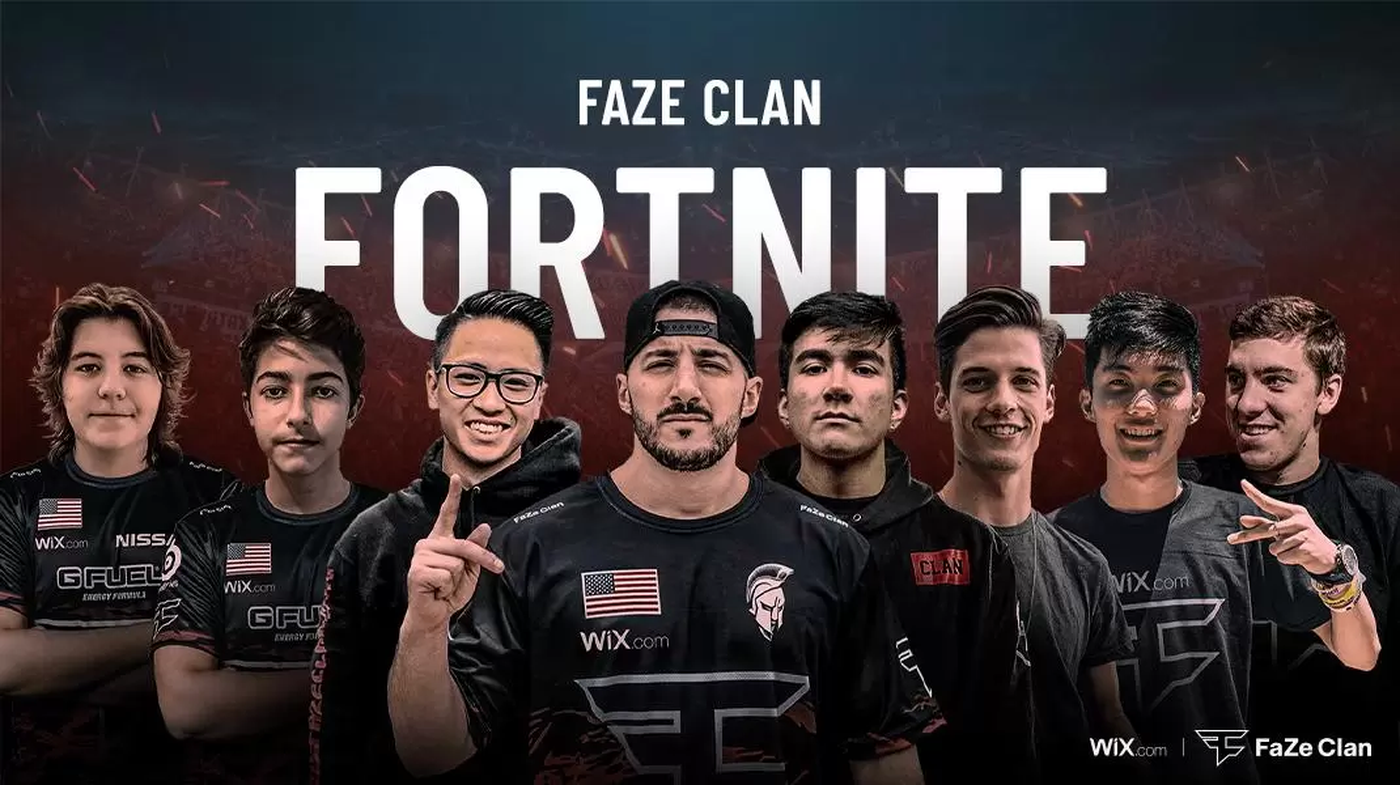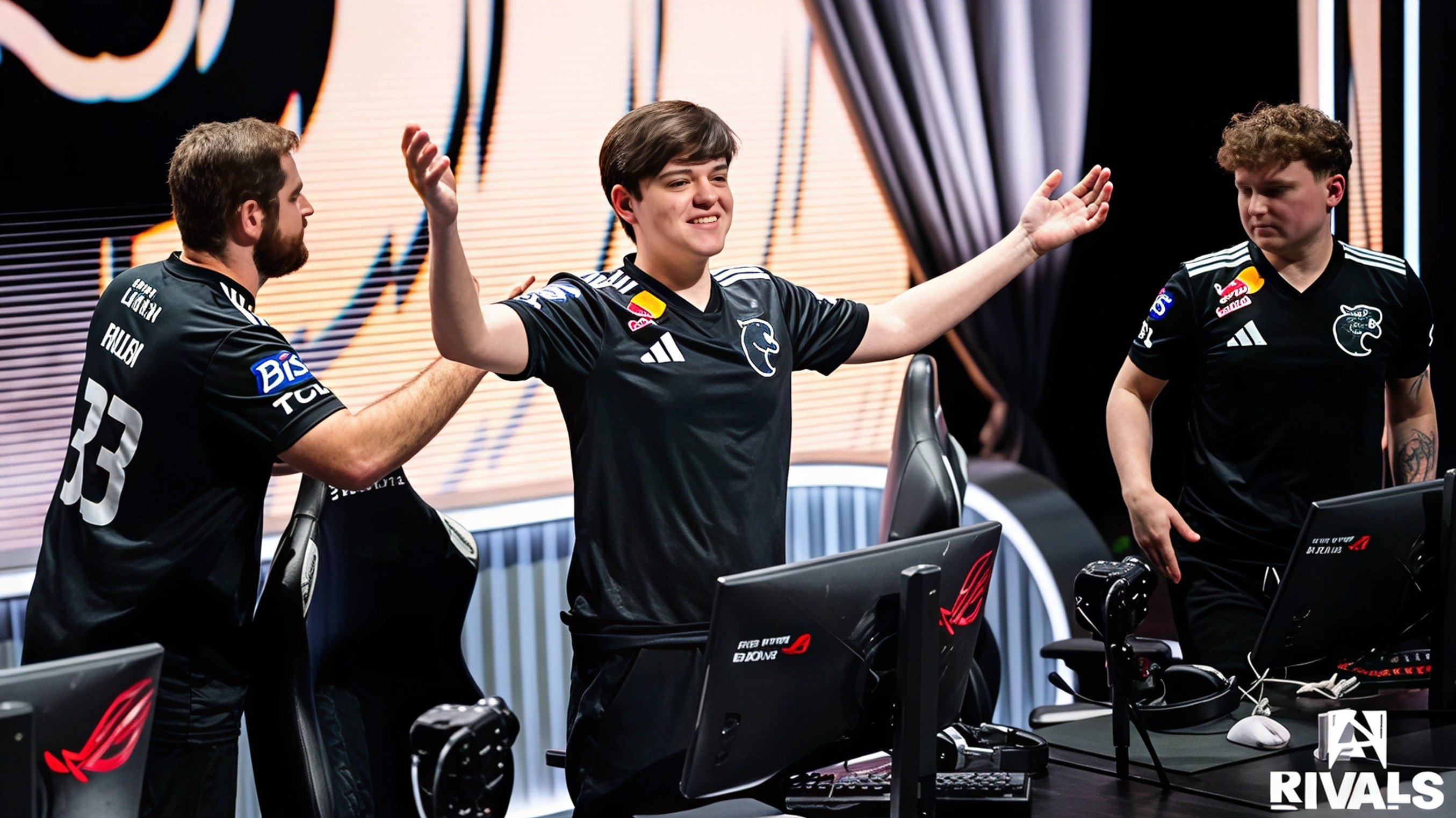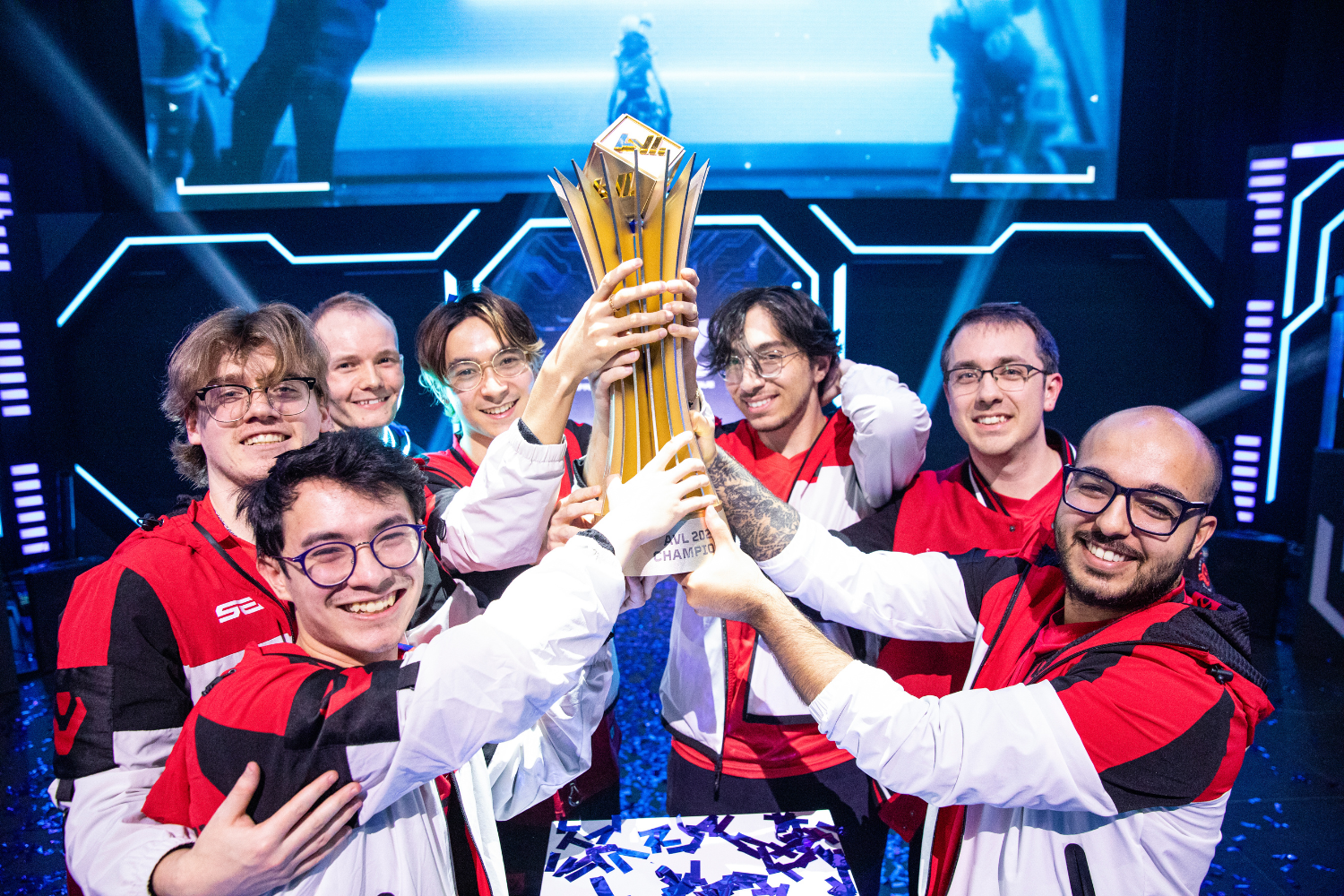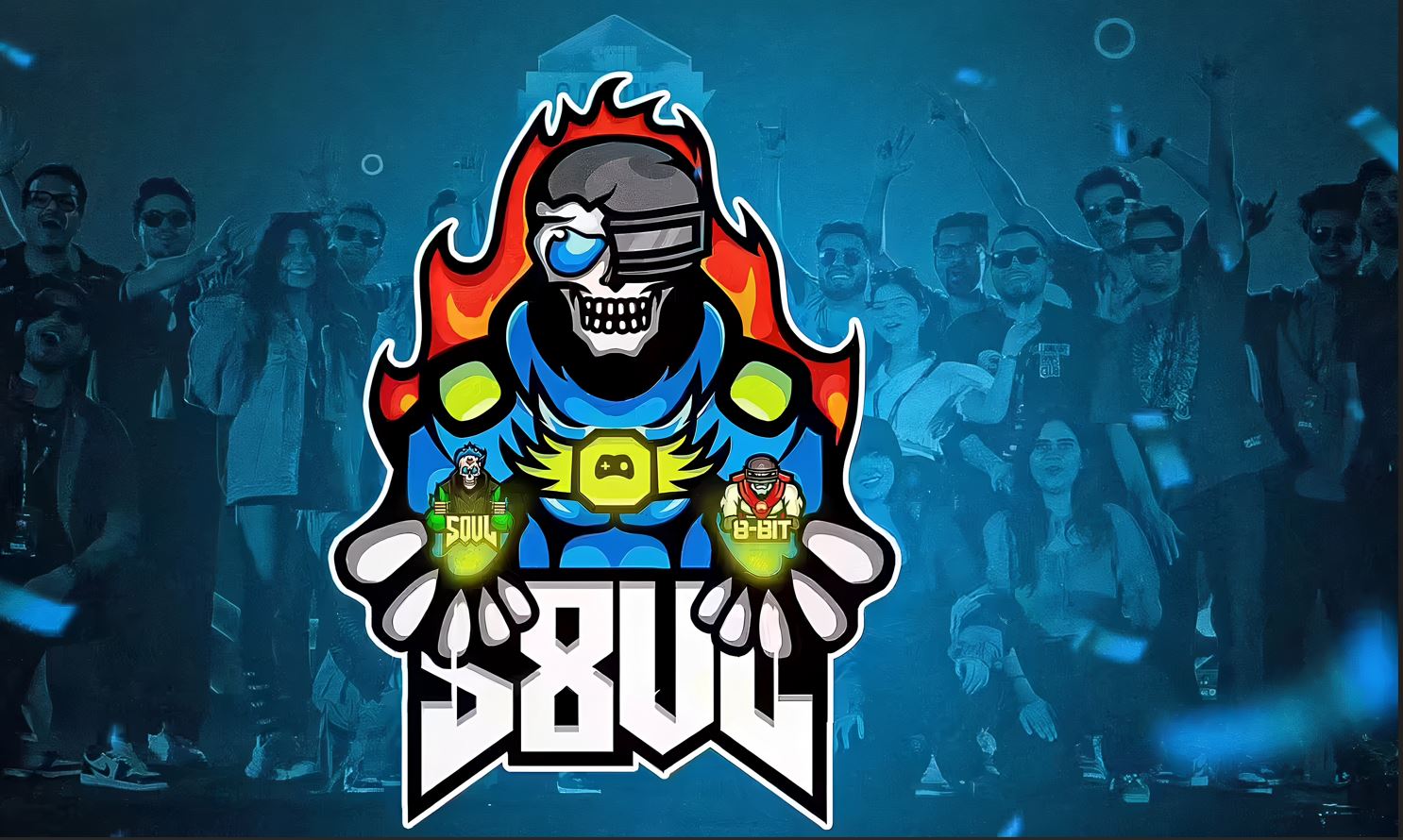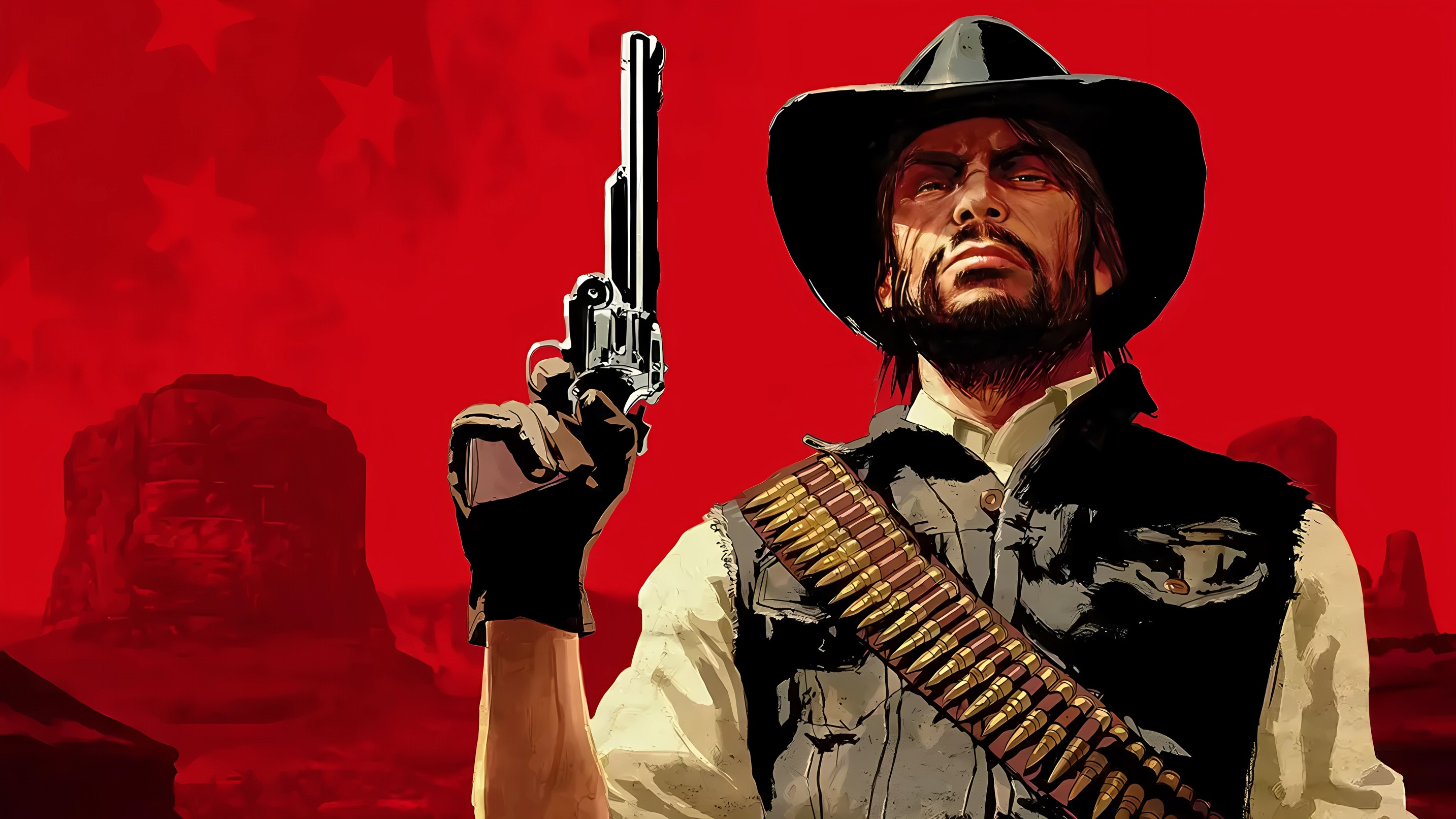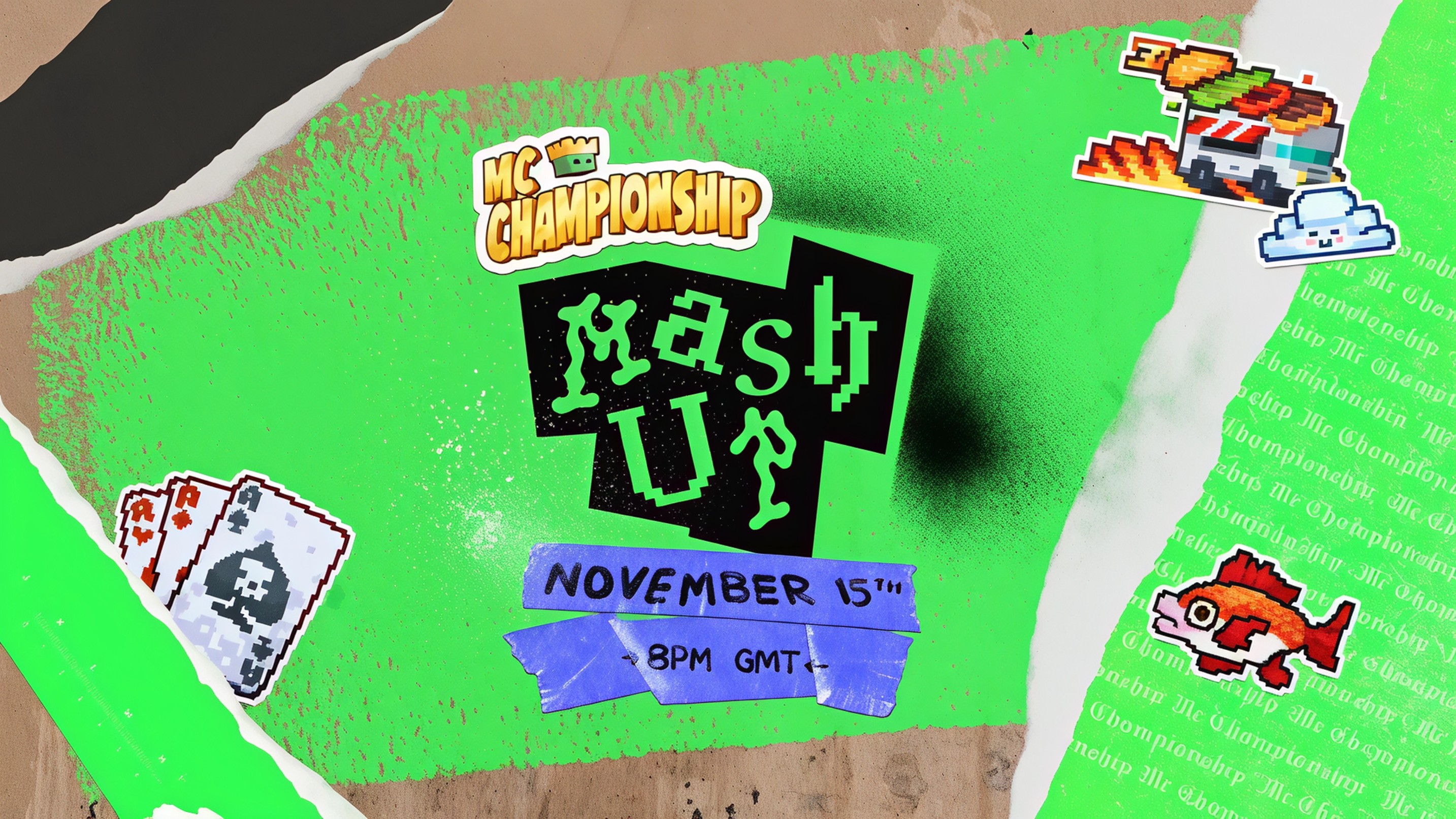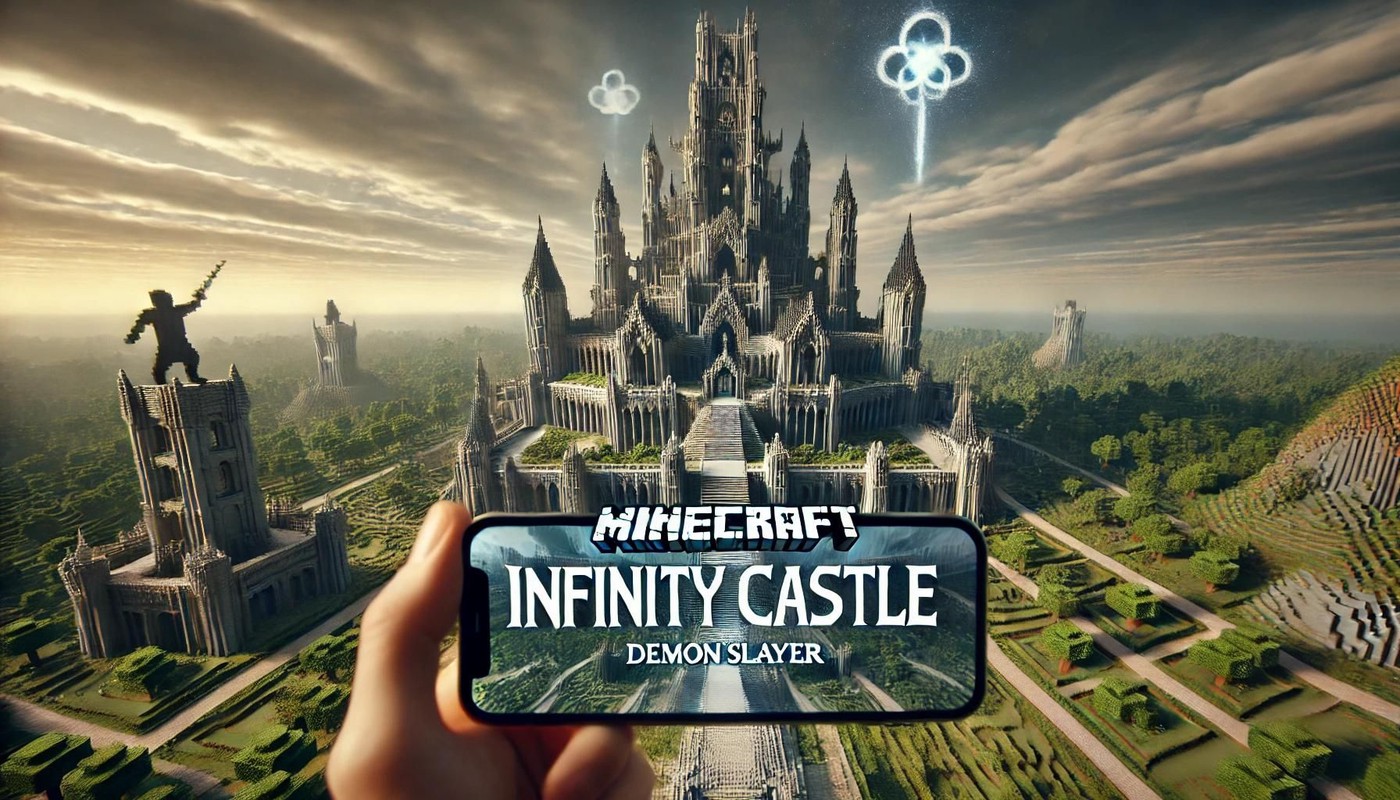In the wake of its acquisition by GameSquare, FaZe Clan is not just revamping its strategy but also capitalizing on its already robust product licensing business, which has generated a remarkable $75 million in sales over the past two years. This strategic shift is part of FaZe Clan's broader goal to navigate past its recent challenges and reestablish itself as a leading force in the esports world.
Strategic Expansion and Licensing Dynamics
Post-acquisition, FaZe Clan has begun to integrate more deeply with GameSquare’s sales and marketing framework, enhancing its approach to content and partnerships. Justin Kenna, CEO of GameSquare, emphasized the importance of a proactive and collaborative strategy across the teams, aiming for a fresh and dynamic relaunch of FaZe Clan.
The cornerstone of FaZe Clan's resurgence lies in its licensing agreements with high-profile consumer goods companies, including Nike, Totino's, and Zuru. These partnerships, which on average yield a 10% royalty rate for FaZe, have not only brought substantial revenue but also strengthened FaZe's market presence.
Adam Bauer, FaZe Clan’s SVP of partnerships and business development, remarked on the success of these collaborations, particularly highlighting the partnership with Zuru which significantly outperformed sales targets and saw Zuru capture a considerable market share from competitors like Nerf.
Merchandising and Brand Strategy
FaZe Clan has also restructured its approach to merchandise, moving operations in-house after parting ways with e-commerce partner NTWRK. This shift allows for greater flexibility and revenue retention, a move supported by industry experts like Jason Chung of NYU, who notes the scalability and financial benefits of such an approach for substantial brands.
Future Prospects and Industry Impact
The success of FaZe Clan’s licensing strategy may serve as a model for other esports organizations. This hybrid model—between traditional brand partnerships and developing in-house consumer products—is gaining traction as companies like 100 Thieves explore similar avenues.
However, John DeHart from Allstar and Barthélémy Kiss from Powder caution about the potential risks of overextension and brand dilution. They emphasize the importance of strategic selection and management of licensing partners to maintain brand novelty and integrity.
Looking forward, GameSquare aims to leverage its global reach to push FaZe Clan's licensing business into new international markets, including Eastern Europe and the Middle East. Kenna is optimistic about the synergy within the GameSquare ecosystem, which is expected to amplify FaZe’s global brand presence and licensing potential, transforming it from a North American phenomenon into a worldwide revenue powerhouse.

